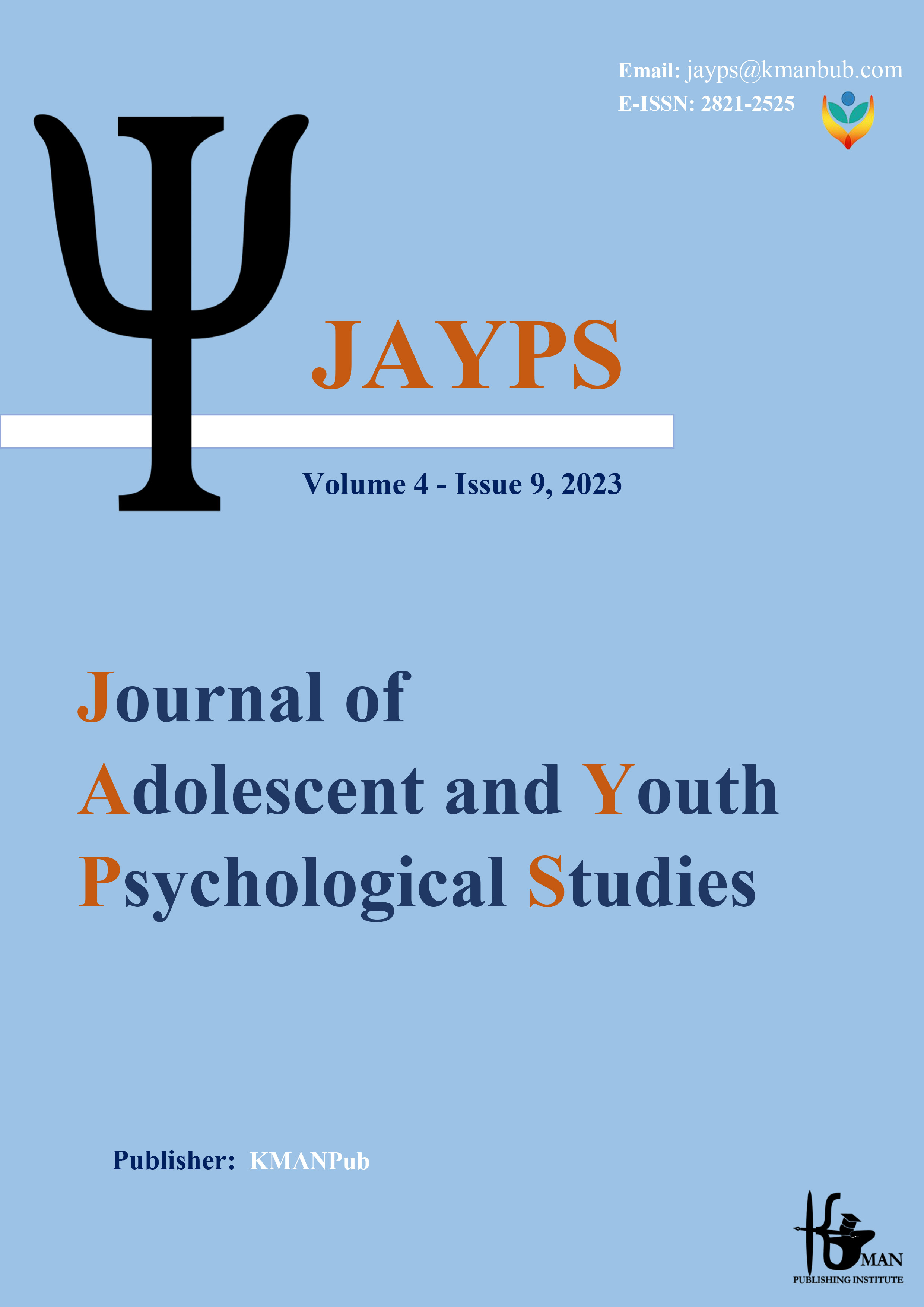The effectiveness of emotion-oriented therapy on the treatment of patients with borderline personality disorder
Keywords:
emotional therapy, personality disorder, borderline personality.Abstract
Background and Aim: Considering the complexity and importance of borderline personality disorder as well as the relatively high prevalence rate of this disorder in the society, this research was conducted with the aim of investigating the effectiveness of emotion-oriented therapy on the treatment of patients with borderline personality disorder. Methods: The method of this quasi-experimental research and the design used to examine the hypotheses in this research was a pre-test-post-test design with an experimental group and a control group. The statistical population of this research was made up of all people with borderline personality disorder who visited two counseling centers in one area of Tehran in 2020. 30 people with borderline personality disorder were selected by purposive sampling method and then these people were placed in two groups of 15 people (emotional treatment experimental group and control group) by matching method. The experimental group received 12 sessions of 120 minutes on a weekly basis and the control group did not receive the treatment. The tool for collecting information in this research was the borderline personality questionnaire (Leichsenring, 1999). Due to the quantitative nature of the research, data analysis was done using descriptive and inferential statistics methods (analysis of covariance test). Results: The findings showed that the observed F value for the borderline personality and its dimensions in the adjusted model (by adjusting the pre-test effect) for the whole scale, identity confusion, primary defense mechanism, reality testing, fear of intimacy and borderline personality respectively, is equal to: 33.275, 8.123, 7.902, 10.025 and 72.865. Moreover, its significance level (sig) is equal to 0.000, which indicates the existence of a significant difference between the post-test score in the experimental group and the control group, so the main effect of the group variable is significant, which means that emotion-oriented treatment is effective in the treatment of patients with borderline personality. Conclusion: Therefore, it can be concluded that emotion-oriented therapy can be a useful method for treating patients with borderline personality disorders, so it is suggested that specialists benefit from it in their work.
Downloads
Downloads
Published
Submitted
Revised
Accepted
Issue
Section
License

This work is licensed under a Creative Commons Attribution-NonCommercial 4.0 International License.









